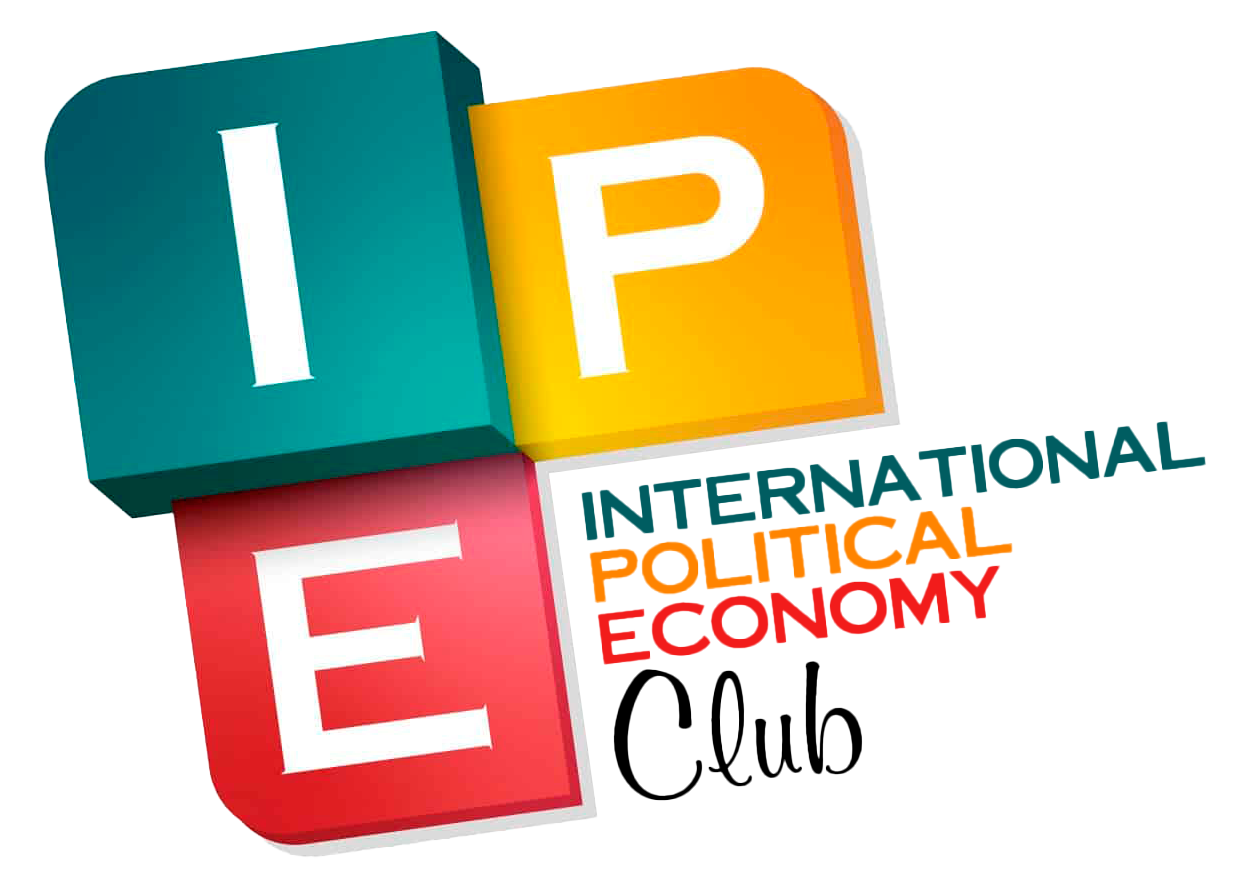DER SPIEGEL: But do they? Or do you feel like a voice crying in the wilderness?
Roubini: I was in Washington at the IMF meeting. The economic historian Niall Ferguson said in a speech there that we would be lucky if we got an economic crisis like in the 1970s – and not a war like in the 1940s. National security advisers were worried about NATO getting involved in the war between Russia and Ukraine and Iran and Israel being on a collision course. And just this morning, I read that the Biden administration expects China to attack Taiwan sooner rather than later. Honestly, World War III has already effectively begun, certainly in Ukraine and cyberspace.
_______________
DER SPIEGEL: You warn that Russia and China are trying to build an alternative to the dollar and the SWIFT system. But the two countries have failed so far.
Roubini: It’s not just about payment systems. China is going around the world selling subsidized 5G technologies that can be used for spying. I asked the president of an African country why he gets 5G technology from China and not from the West. He told me, we are a small country, so someone will spy on us anyway. Then, I might as well take the Chinese technology, it’s cheaper. China is growing its economic, financial and trading power in many parts of the world.
________________
DER SPIEGEL: In the 1970s, we also had an energy crisis, high inflation and stagnant growth, so-called stagflation. Are we experiencing something similar now?
Roubini: It is worse today. Back then, we didn’t have as much public and private debt as we do today. If central banks raise interest rates now to fight inflation, it will lead to the bankruptcy of many »zombie« companies, shadow banks and government institutions. Besides, the oil crisis was caused by a few geopolitical shocks then, there are more today. And just imagine the impact of a Chinese attack on Taiwan, which produces 50 percent of all semiconductors in the world, and 80 percent of the high-end ones. That would be a global shock. We depend more on semiconductors today than on oil.
_________________
DER SPIEGEL: Given all these parallel crises: How do you assess the chances of democracy surviving against authoritarian systems like in China or Russia?
Roubini: I am worried. Democracies are fragile when there are big shocks. There is always some macho man then who says »I will save the country« and who blames everything on the foreigners. That’s exactly what Putin did with Ukraine. Erdogan could do the same thing with Greece next year and try to create a crisis because otherwise he might lose the election. If Donald Trump runs again and loses the election, he could openly call on white supremacists to storm the Capitol this time. We could see violence and a real civil war in the U.S. In Germany, things look comparatively good for now. But what happens if things go wrong economically and people vote more for the right-wing opposition?

